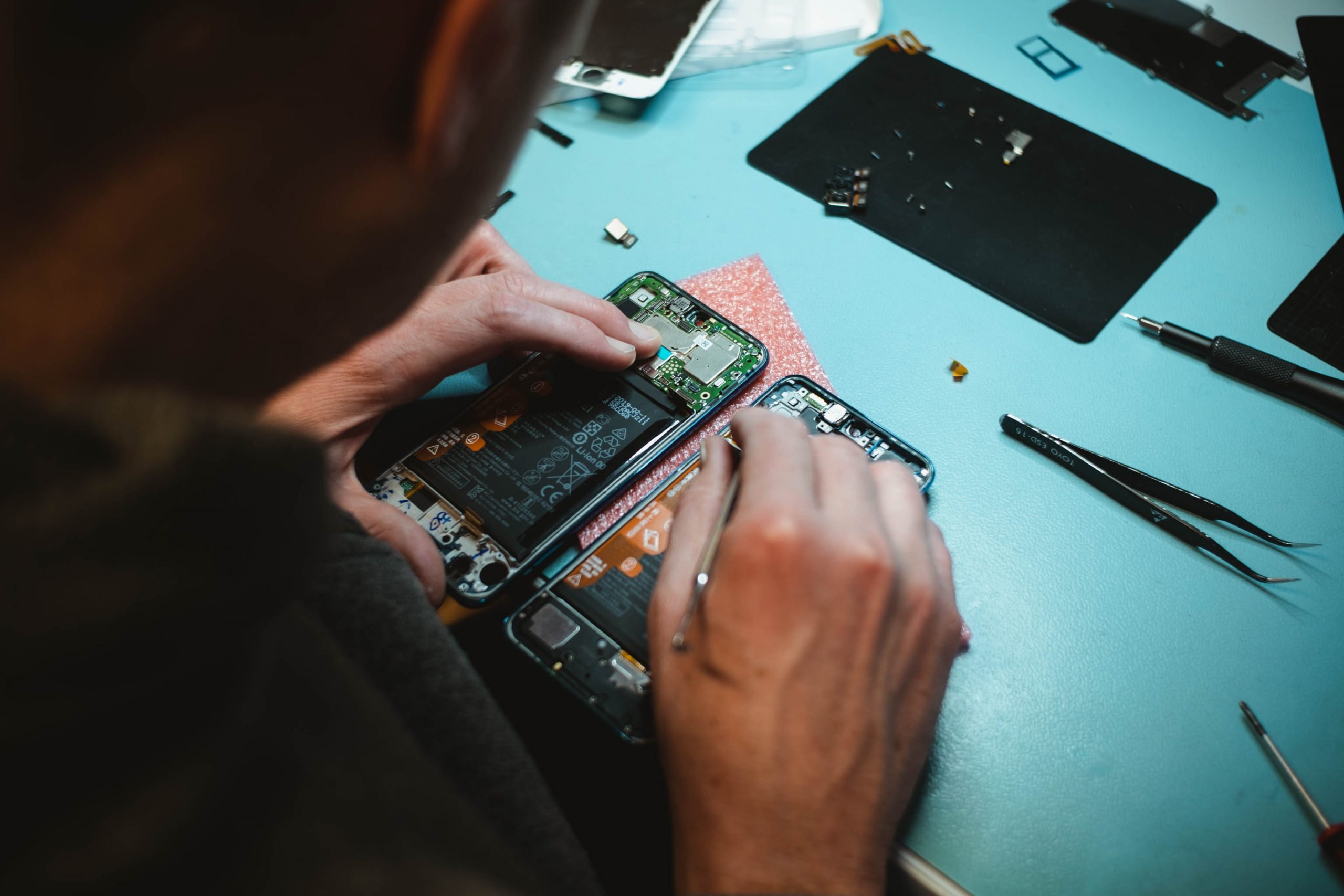Let’s refurbish consumers’ rights: For an extension of legal warranties that benefit both consumers and independent repairers

To complement the extension of the scope of the Ecodesign Directive, which should in the future apply to other types of products than electronics and pay particular attention to making products more durable and repairable, the Commission has recently launched a public consultation on the “Sustainable consumption of goods – promoting the right to repair and reuse”. This consultation focuses on the relationship between producers/retailers and consumers, and particularly on the rights that consumers have when their products fail (being within our outside the legal and commercial warranty periods). RREUSE welcomes this initiative which aims at encouraging consumers and producers to prefer options that are more circular than replacing failing products with new ones, which is still the most preferred option in a linear economy.
RREUSE sees this initiative as an opportunity to reinvent consumers’ rights. The Commission should go beyond simply extending the legal guarantee and look at involving other actors. Re-use social enterprises and independent repairers should also have a role and give additional options to consumers, who should themselves be able to conduct repair operations on their own. RREUSE actually believes that giving too much responsibility to producers/retailers will be counterproductive and trigger the development of repair monopolies (where producers/retailers are the only options available to repair products) that will ultimately result in increasing the price of repair.
Representing a network of social enterprises active in re-use, repair, and recycling, RREUSE suggests the following policy options:
- Every complex product (mostly electronics but also furniture items and textiles products) should go together with a manual explaining how to maintain the product and make it last as long as possible, how to identify the most frequent causes of defects, where to procure the spare parts, and how to repair the product. This should be made available not only to professional independent repairers but also to consumers at the time of purchase.
- The Commission should investigate a way to limit the price of spare parts, or at least devise policies that will result in a decrease in their prices. Standardising some frequently failing spare parts would, for example, result in more interoperable products, facilitating repair operations and making producers compete for the sale of spare parts. If the original manufacturer of a product is the only supplier of its spare parts, chances are that it will keep the prices high.
- In no case should producers/retailers be the only option available for consumers, even when products fail within the legal or commercial guarantee period. RREUSE is therefore very much opposed to obliging producers or retailers to repair the products, as suggested in the 9th question of the public consultation. In any case, a right to repair that excludes consumers and professional independent repairers should be avoided at all costs.
- Another option to both encourage consumers to prefer repair options or refurbished goods over new products and make manufacturers design products that last long and are easy to repair is to force producers/retailers to fully reimburse consumers when their products fail within legal and commercial guarantee periods. It is only normal that, when offered the two available options (replacement by a new product or repair), consumers prefer to go for the most financially interesting option: replacement. However, if fully reimbursed, the consumer will actually save money if choosing repair or refurbished products over replacement with a new product. There are even chances that the consumer will go for what is actually the very best option: not replacing the product (Refuse). Of course, a risk exists that consumers will actually go for a cheap and low-quality replacement. However, RREUSE hopes that these kinds of products will gradually disappear from the EU market thanks to the update of the Ecodesign Directive.
- When failing under legal or commercial guarantee, and if the consumer decides to not replace the product, or replace it with a second-hand or new one, the collection of the redundant product should be at the expense of the producer/retailer. Collected products should be sent to the most local professional refurbisher or preparing for re-use operator, preferably from the social economy. This system is in place in many countries (France, Spain and Belgium for example) and often results from cooperation between Producer Responsibility Organisations and re-use social enterprises. This should become common practice in the EU.
- Extending the legal guarantee for second-hand/refurbished products, as suggested by the Commission, should only be triggered once strong ecodesign minimum requirements facilitating repair and increasing durability apply for a certain period of time (eg. minimum 10 years for large household appliances). This is only logical as the quality of second-hand products mainly depends on the quality of the products themselves, a quality that needs to be improved through ecodesign. It would also make sense to trigger the extension of the legal guarantee for second-hand products a reasonable number of years after the extension of the legal guarantee for new products. This number of year will also depend on the types of products covered.
With these policy options, RREUSE advocates for a refurbishment of consumers’ rights that benefit both consumers, and independent professional repairers and refurbishers, some of those operating within the social economy sector. These policy options should give more freedom to consumers, reduce the price of repair operations, extend the lifetime of products and promote the development of local, sustainable and fulfilling jobs in the repair sector for EU citizens, particularly for those who are the most distanced from the job market.

